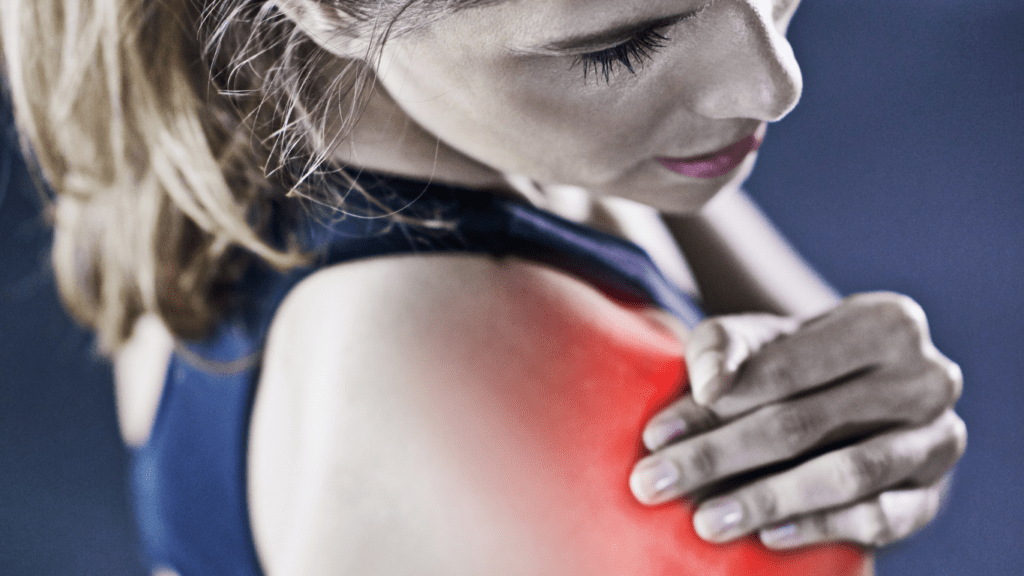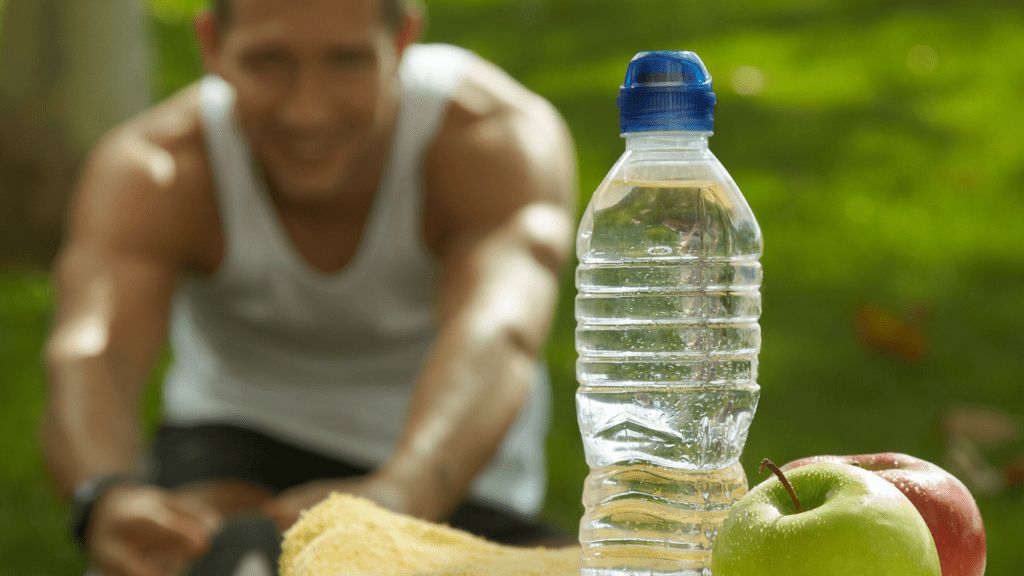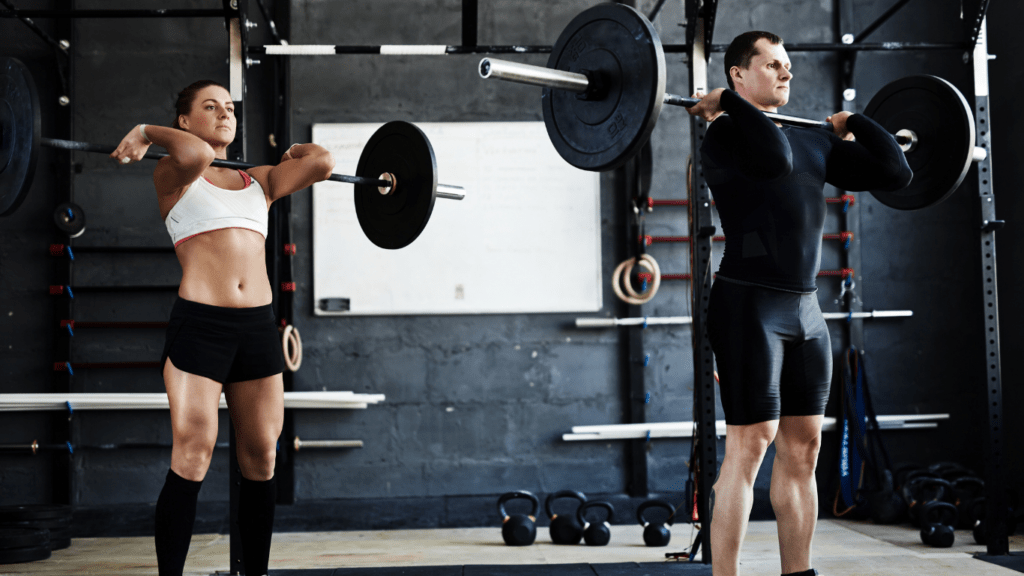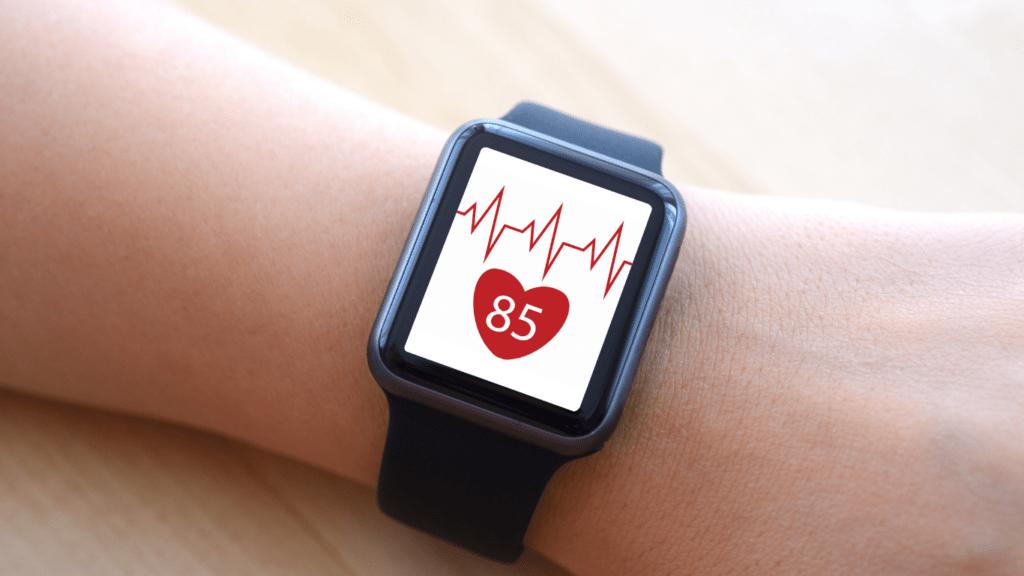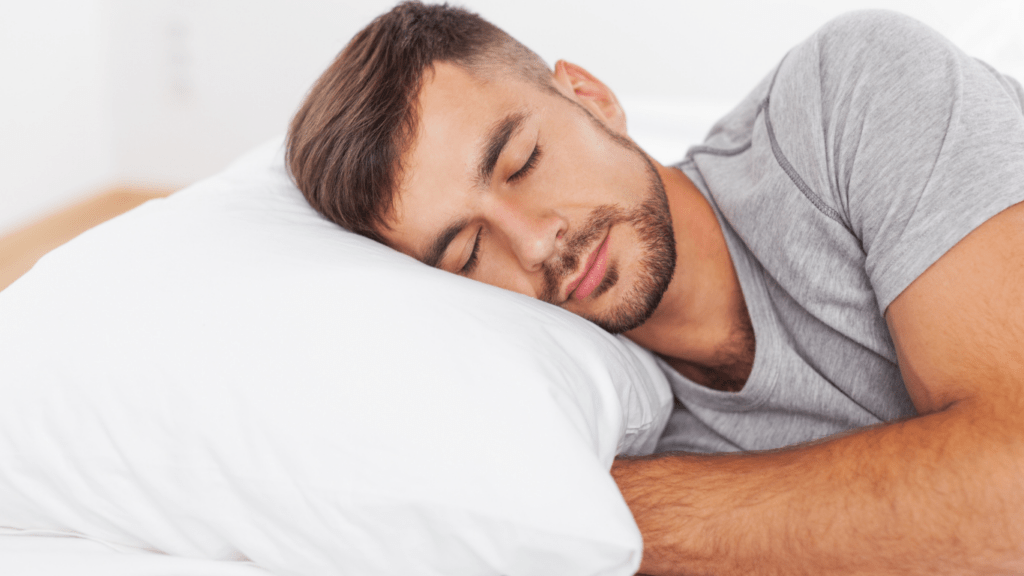Soreness can feel like a roadblock, whether it’s from an intense workout or just the wear and tear of daily life. I’ve been there—aching muscles that make even simple tasks feel like a challenge. But what if I told you there are natural, science-backed ways to speed up recovery and ease that discomfort? That’s where biohacking comes in.
Understanding Biohacking And Soreness
Biohacking offers practical ways to improve the body’s natural recovery processes. It’s especially valuable when managing soreness resulting from physical activity or stress.
What Is Biohacking?
Biohacking involves making small, science-driven adjustments to optimize physical and mental performance. These changes often use natural tools like:
- nutrition
- sleep
- mindfulness
to enhance the body’s functions. When applied to soreness, biohacking focuses on strategies that support recovery, reduce inflammation, and relieve discomfort.
Examples of biohacking include incorporating anti-inflammatory foods (like turmeric and ginger), practicing deep tissue techniques, and leveraging temperature-based therapies such as ice baths or heat pads to promote healing.
How Soreness Impacts The Body
Soreness, often caused by microtears in muscle fibers, leads to inflammation and discomfort. This process activates the body’s repair mechanism, essential for rebuilding stronger muscles. However, lingering soreness can disrupt routines, cause stiffness, and reduce overall mobility if left unmanaged.
Chronic inflammation may delay recovery and weaken the immune system. Early interventions, such as stretching or consuming magnesium-rich foods, can mitigate these effects, speeding up the return to active movement. Biohacking tools target these underlying factors to support quicker recovery and better physical performance.
Natural Tools For Reducing Soreness

Reducing soreness naturally involves targeting inflammation and supporting the body’s recovery process. I rely on nutrition, hydration, quality sleep, and specific physical techniques to alleviate discomfort and improve mobility.
Nutrition And Hydration
- I focus on anti-inflammatory foods and staying hydrated to combat soreness.
- Foods like ginger, turmeric, and fatty fish contain compounds that reduce inflammation.
- Magnesium-rich choices, such as spinach and almonds, help relax muscles.
- Drinking at least half my body weight in ounces of water daily ensures optimal hydration for recovery.
- For post-workout, a protein shake with branched-chain amino acids (BCAAs) supports muscle repair.
Sleep Optimization
I prioritize deep, restorative sleep to speed up recovery. Sleep is when the body repairs microtears in muscle fibers and reduces inflammation naturally. I ensure 7-9 hours of sleep each night, creating a dark, cool environment to promote rest. For added benefits, melatonin supplements or calming teas like chamomile can enhance sleep quality.
Cold And Heat Therapy
Using cold and heat alternately helps alleviate soreness. After strenuous activity, I apply ice packs or take a cold shower to reduce swelling and numb discomfort. Heat therapy with a heating pad or warm bath relaxes stiff muscles and improves blood flow, enhancing recovery. Contrast baths, alternating 2 minutes cold and 3 minutes warm, combine both benefits effectively.
Stretching And Mobility Exercises
I include dynamic and static stretching to release tension and prevent stiffness. Dynamic stretches, such as lunges with a twist, warm up muscles pre-exercise. Post-activity, static stretches like hamstring holds improve flexibility and ease tightness. Foam rolling or using a massage gun targets knots in soft tissues, enhancing circulation and promoting quicker recovery.
The Role Of Supplements In Soreness Recovery
Supplements can enhance the body’s natural recovery process by targeting inflammation and promoting muscle repair. Selecting the right supplements supports faster soreness relief and improved overall performance.
Natural Anti-Inflammatory Options
Specific supplements help reduce inflammation, alleviating discomfort caused by soreness. Curcumin, derived from turmeric, has proven anti-inflammatory properties that combat muscle damage (1-2 grams daily). Omega-3 fatty acids, found in fish oil, also reduce inflammation and support joint health, with a recommended dose of 2-3 grams per day.
Boswellia serrata extract, known for its anti-inflammatory benefits, may further ease soreness when taken in doses of 300-500 mg. Bromelain, an enzyme from pineapple, supports swelling reduction and muscle recovery at doses of 500-1,000 mg daily. These supplements provide natural, effective options for inflammation management.
Muscle Repair And Recovery Aids
Key supplements aid muscle repair by replenishing essential nutrients. Branched-chain amino acids (BCAAs), such as leucine, stimulate protein synthesis and reduce exercise-induced soreness when consumed in 5-10 gram doses post-workout. Creatine monohydrate, proven to enhance muscle recovery and strength, is effective at daily doses of 3-5 grams.
Magnesium, a vital mineral for muscle relaxation and function, helps alleviate cramps and improve recovery when supplemented at 300-400 mg per day. Additionally, collagen peptides support muscle tissue repair and joint health, with 10-15 grams consumed daily offering proven benefits. Combined, these supplements optimize recovery outcomes.
